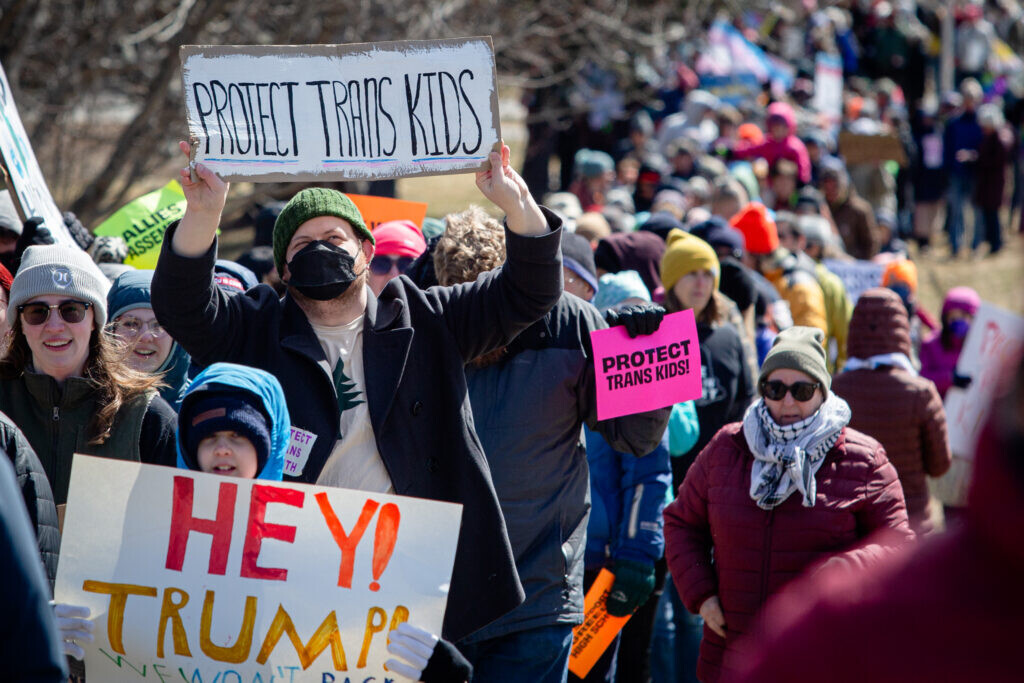
Bozeman, MT - Montana State University (MSU) is grappling with the news that the F-1 visas of three of its international students have been revoked under the authority of the U.S. Department of Homeland Security, a development that has sent ripples of concern through the campus community. The university informed its constituents of the situation last Friday.
Separately, the University of Montana (UM) in Missoula has also confirmed that the F-1 visa of one former international student was revoked. However, that individual is reportedly no longer residing in Montana, having already graduated and moved out of state.
The F-1 visa is a common type of non-immigrant visa that allows international students to enter the United States to pursue academic studies at accredited educational institutions.
Stephanie McCalla, Chair of the MSU Faculty Senate, expressed the faculty's deep unease regarding the situation. "Faculty are deeply concerned about members of our community suddenly disappearing for reasons unknown to us," she stated. She added that she had not yet had the opportunity to speak directly with the students affected by the visa revocations.
Earlier this month, <Inside Higher Ed>, a publication focused on higher education, reported that the Trump administration was revoking student visas on a weekly basis. The report also suggested that federal immigration officials were stripping students of their residency status, potentially leading to arrests and deportations.
MSU, located in Bozeman, hosts approximately 400 international students from about 64 countries, the majority of whom are believed to hold F-1 visas. University spokesperson Tracy Ellig declined to provide further details, such as the students' nationalities, academic standing, or current presence on campus, citing privacy laws.
MSU President Waded Cruzado addressed the campus community in a message, stating that the three students whose visas were revoked have been informed of the situation and provided with relevant information and available resources. "The university is committed to complying with all applicable laws and fulfilling its duty to protect our students," Cruzado emphasized. "Given the high level of interest in this matter, we are sharing this information with our campus community." She further added, "We value all of our students on our campus, and our gratitude for the international students who have chosen to study at Montana State University is no different."
UM spokesperson Dave Kuntz stated that the university currently has 145 students holding F-1 visas and 29 students with J-1 visas. The J-1 visa, according to the U.S. Department of State, is a non-immigrant visa for individuals participating in exchange programs. UM's international student population comprises individuals from approximately 50 countries.
Kuntz explained that the university became aware of the visa status change through its daily monitoring of the Student and Exchange Visitor Information System (SEVIS) database. He noted that the university had not received any direct communication from federal authorities regarding the changes, and the database itself did not provide reasons for the alterations.
According to the <Inside Higher Ed> report, some universities and immigration experts have expressed concerns about the Trump administration's "arbitrary operation of the visa system," which they argue is "undermining universities' ability to help students who may become targets of Immigration and Customs Enforcement (ICE)."
The U.S. Department of State did not issue an official statement by late Friday afternoon. However, a State Department spokesperson previously told <Inside Higher Ed> that the department cancels visas "every day to protect the integrity of our borders and the safety of our communities" and would continue to do so.
A spokesperson for the Montana University System (MUS) did not immediately respond to a request for comment on the potential impact on other public universities within the state. MUS oversees 16 public colleges and universities in Montana.
The revocation of these F-1 visas is being widely interpreted as a consequence of the Trump administration's increasingly stringent immigration policies, a development that is likely to heighten anxiety among international students not only in Montana but also at universities across the United States. The academic community is closely monitoring the situation and considering measures to protect the rights and well-being of their international students.
[Copyright (c) Global Economic Times. All Rights Reserved.]






























